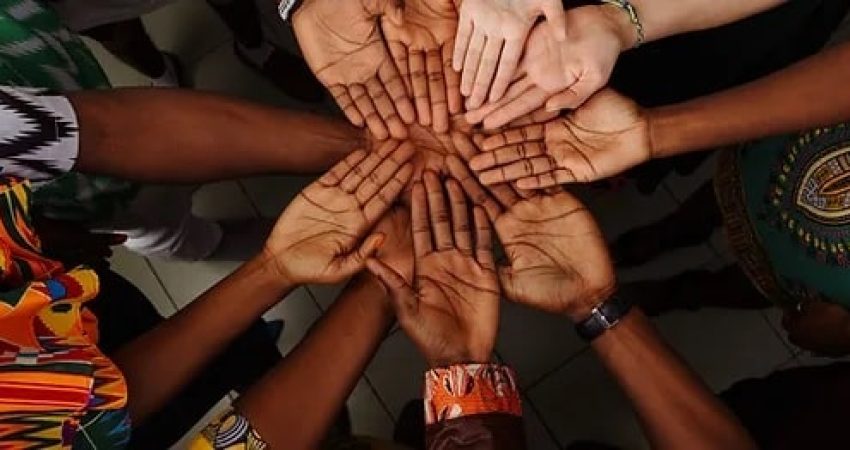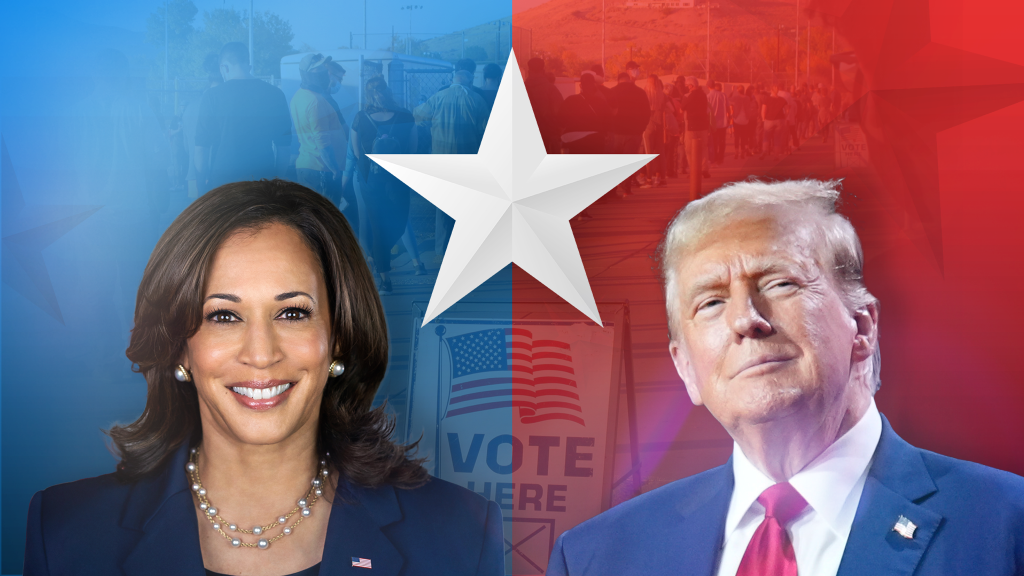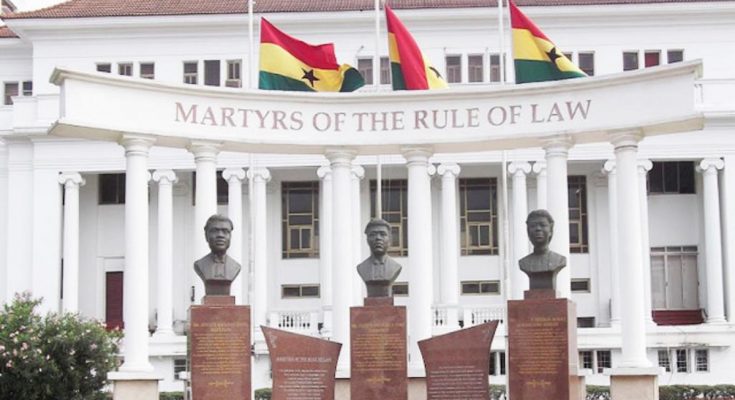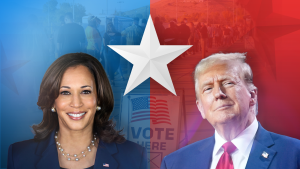Today, September 15, is International Day of Democracy. The United Nations set this day as one for sober reflection on the state of democracy in the world. How do we continue to uphold and promote the principles of democracy? To answer this question for Ghana, I return once again to my recently published book 5Presidents, 8Elections, 30Years Later: How Ghanaians See Their Democracy which was based on answers provided to questions in the Afrobarometer survey administered nine times at periodic intervals between 1999 and 2022.
The feedback shows some positives about our transition to democracy thirty years ago. In particular, our attitudes towards democracy, democratic norms, and strong rejection of non-democratic forms of governments is very reassuring.
However, the survey data also shows that our march towards consolidation of our multiparty democracy faces some major challenges. In a previous opinion, I discussed in detail two of the six challenges.
In this piece, I am entreating our political parties to respond to a call to address these challenges as we prepare for next year’s elections.
What Are The Challenges?
First, we are back to the era of democracy deficits where support for democracy far outpaces satisfaction with the way democracy is working. In the maiden edition of the survey (1999), support for democracy outpaced satisfaction with the way democracy was working by twenty-three percentage points. This generally improved through survey round seven (2017) when the gap was only three percentage points. As of the most recent round (2022), the percentage of Ghanaians who say they support democracy is twenty-six percentage points higher than the percentage of those who say they are satisfied with the way democracy is working. We are essentially back to 1999 democracy deficit levels.
Second, there is a growing sense of inequality before the law. In 2008, when the question was first asked, forty-four percent (44%) of Ghanaians said officials who commit crimes often or always go unpunished compared to twenty-eight percent (28%) who said same about ordinary people. In 2022, seventy-seven percent (77%) of Ghanaians said officials who commit crimes often or always go unpunished compared to twenty-five percent (25%) who said same about ordinary people who commit crimes.
Third, mistrust in institutions is growing. Between 1999 and 2019, the highest percentage of Ghanaians saying they trust institutions “a lot”, across nine key institutions, ranged between twenty-six percent (26%) and fifty-six percent (56%). In the most recent round (2022), the range was between five percent (5%) and fourteen percent (14%).
Fourth, there is a growing perception of corruption among our three key branches of government. In 2002, nine percent (9%) perceived the executive to be corrupt compared to fifty-five percent (55%) in 2022. In 2002, thirty-six percent (36%) perceived the judiciary to be corrupt compared to forty-six percent (46%) in 2022. In 2005, sixteen percent (16%) perceived parliament to be corrupt compared to fifty-four percent (54%) in 2022.
Fifth, there is a growing sense that elected representatives do not listen. In 2005, sixty-two percent (62%) of Ghanaians said members of parliament never listen or only do so sometimes. In 2022, eighty-five percent (85%) said same.
Sixth, there is a lack of optimism that much about the country’s democracy will change in the next five years. In 2022, when asked to compare the level of democracy in Ghana to five years prior, the predominant response (37%) was “about the same.” When asked what the level of democracy will be in five years, the predominant response (40%) was “about the same.” The level of optimism is worrying only because 2022 saw low levels in areas such as satisfaction with democracy or trust in institutions.
The Democracy Pledge
As I regularly think about these six challenges and how best to address them beyond capturing them in the book, it dawned on me that our upcoming 2024 elections present an excellent opportunity. And while we all have a stake in ensuring that our democracy works, I begin the call for a democracy pledge with our political parties because of the key role they play in our democracy.
Without our commitment to multiparty democracy and regular competitive elections, our history shows that our political parties will not exist or at least be permitted to function as key players in our governance space.
Each election cycle, our political parties produce party manifestos in which they make several pledges to the citizens of Ghana, promising to address several of our political, economic, and social pinch points.
As we prepare for the 2024 elections, here is my challenge to you. In your party manifestos, take up these six challenges and come up with a set of very specific actions to address them. No vague promises, only actual corrective action steps with an indication of the resource commitment you are willing to make to see them through.
The pledge is not merely to get citizens to vote for you but a meaningful commitment that recognizes these challenges we face and signals a genuine effort to tackle them.
 John Osae-Kwapong (PhD) is a Democracy and Development (D&D) Fellow at CDD-Ghana, Associate Provost for Assessment, Accreditation, and Institutional Effectiveness, Baruch College, The City University of New York.
John Osae-Kwapong (PhD) is a Democracy and Development (D&D) Fellow at CDD-Ghana, Associate Provost for Assessment, Accreditation, and Institutional Effectiveness, Baruch College, The City University of New York.
Photo credit: Blackmaverickcomics.com
















